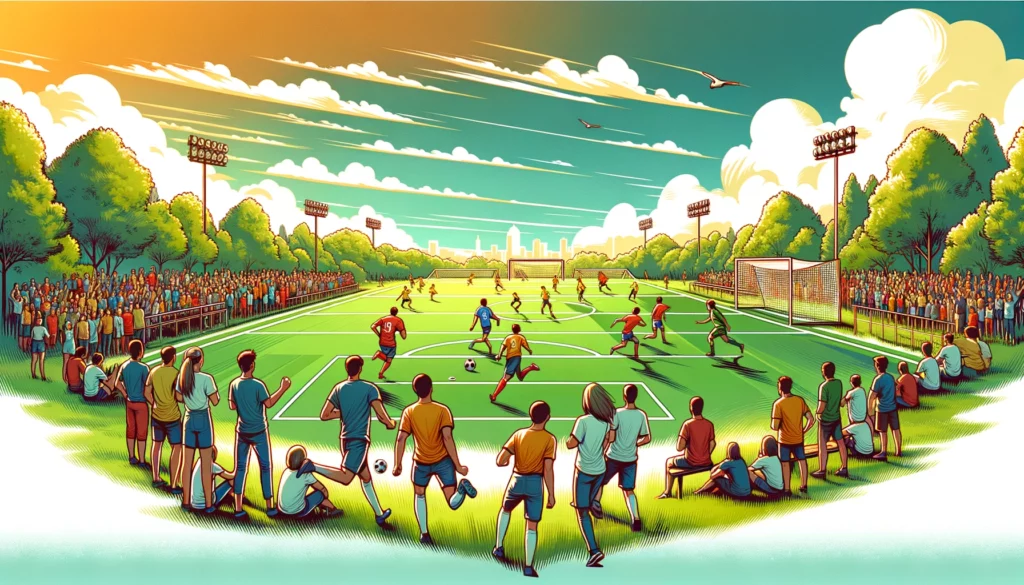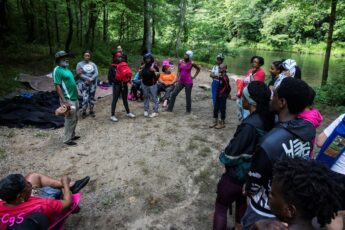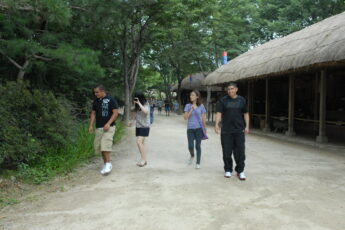You are not alone in wondering why we have recreational/leisure activities. It is an excellent way to maintain good physical and mental health and balance work and leisure time.
Studies have shown that participation in leisure activities improves people’s attention span and alertness and helps reduce the risks of depression and other health conditions. In addition to this, recreational activities are a good way to make new friends and socialize with others.
Recreational/leisure activities improve mental well-being
Leisure/recreational activities improve mental well-being in many ways. Not only do they help relieve stress, but they can also reduce the risk of serious disease. Sedentary lifestyles are often associated with emotional distress and decreased sense of control.
Physical activity, such as physical exercise, improves mental and physical health. The best way to choose leisure activities is to be spontaneous and follow your mood.
Exercise and leisure activities have been shown to help people with depression by reducing their symptoms. Research suggests they can help individuals cope with stressful conditions by reducing their heart rate and stress levels.
However, recreational activities must be mentally engaging for these benefits to be meaningful. Other activities that distract the mind can have the opposite effect, reducing their benefits. Researchers have conducted numerous studies to support this claim.
Leisure activities are also beneficial to people in nursing homes. Apart from enabling residents to socialize and make new friends, such activities help to relieve the strain and stress that can interfere with recovery.

In addition to being therapeutic, recreational activities help the residents cope with their situation and gain more confidence. These activities also allow them to relax and enjoy the time they are spending. They also give them a sense of purpose, which is extremely important in such circumstances.
Participation in leisure activities directly correlates with physical health, which suggests that it may play an important role in promoting mental well-being. However, recreational/leisure activities are not the only factors that improve mental well-being.
It’s important to remember that the types of recreational activities may differ from person to person. For example, a study in Finland showed that physical activity improves mental health among people with diabetes, whereas physical activity improves mental health in individuals with cardiovascular disease.
Research shows that leisure activities can help people to reduce their stress and increase their happiness. The study also found that people who viewed leisure as unproductive often report having lower levels of happiness, reduced energy, and decreased mental well-being than those who view it as beneficial.
Therefore, it is important to prioritize leisure time for mental health. The benefits will greatly outweigh any negative mental health consequences if you can afford it.
They help you achieve a balance between academic work and physical well-being
A healthy lifestyle is essential for academic success, and good physical and mental health are crucial elements of good health. In addition to nutrition, exercise, and stress management, these elements can boost your mood and protect you from mental illnesses.
They can also maintain your physical energy and good health throughout your degree. If you balance your academic and physical well-being well, you’ll be well-positioned to handle your workload effectively.
They increase attention span and alertness
Physical activity increases attention span and alertness. It also helps children develop social and cognitive skills. Physical activity can also help autistic children develop healthy rhythmic movements that replace repetitive behavior and improve overall attention span.
In addition to physical activity, children with autism can benefit from recreational activities that promote social interaction.
The benefits of recreational activity are numerous and should not be overlooked. Children with autism should be encouraged to participate in activities that will keep them physically fit and out of trouble.
They help people with developmental disabilities engage in leisure activities
These programs aim to provide an integrated environment for people with intellectual disabilities so that they can participate in leisure activities that are enjoyable for them. Barriers to inclusive leisure activities often include insufficient resources, transportation challenges, and attitudes within the community.
However, this type of program has the potential to enhance participation and inclusion greatly. Read on for more information. And remember, there are people out there just like you. Here’s how you can get involved.
Both parents work in Norway, which means intellectually disabled children spend more time with their peers. While intellectually disabled youths in regular schools enjoy more participation in leisure activities, this number declines as they age.
Parents can hire a support worker in this country to help them engage in leisure activities. But how do these workers find such jobs? How do they find the right people to work with intellectually disabled children?
By involving people with intellectual or developmental disabilities in recreational programs, they improve their lives. It helps them socialize, stay physically fit, and develop cognitive skills. However, most of these adults depend on their caregivers to do so.
To ensure they receive the best quality of care, they must create a customized plan that incorporates the individual’s interests and limitations. In some cases, specialized leisure programs can help adults with developmental disabilities gain a sense of independence and self-esteem.
Moreover, these programs also serve as alternatives to paid work for intellectually disabled children. While parents generally can step out of their children’s activities, intellectually challenged children need extra help engaging in leisure activities.
However, parents must continue to provide support to these children. In addition to providing physical support to the children, they must also be willing to ensure their children have an environment where they can participate.
aeorienteering.com is reader-supported. When you buy through links on our site, we may earn an affiliate commission.








